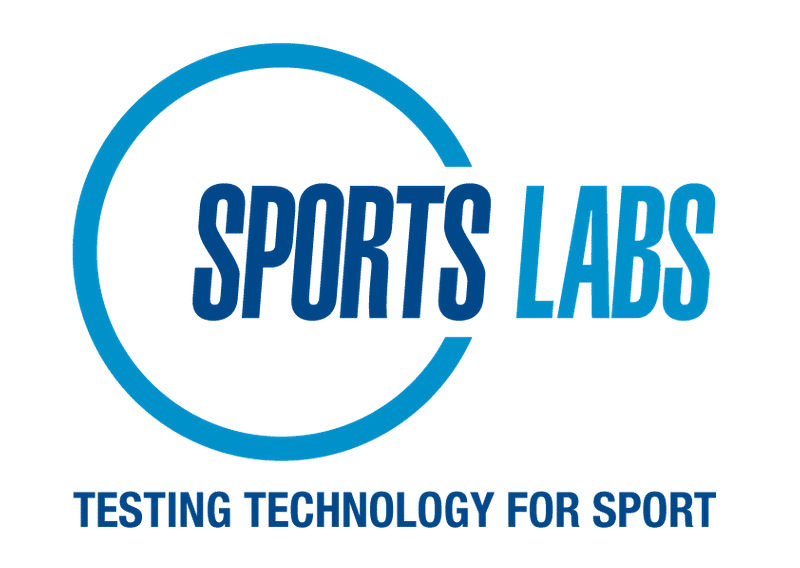Field Notes
As leading experts in the industry we pride ourselves in ensuring we share important knowledge and news surrounding trending topics and newsworthy projects we are working on.
We would love to hear your feedback and answer any questions you may have.
Dive into our monthly Field Notes below.
5 Things You Need To Know About Planarity
So, what does planarity mean? The word planarity is rooted in the Latin word plānus, which means flat, and the late Latin word plānāris, which means to be on level ground. When we speak about planarity, it is usually in reference to the flatness of a playing surface. The proper way to measure the planarity of a surface begins with a 3.0m straight edge beam comprised of box section…
5 Things You Need To Know About Force Reduction Testing
Force Reduction Testing, which is also sometimes referred to as shock absorption testing, is the measure of the ability of a surface to reduce impact forces when compared to a standard concrete surface. The term is often confused with the force of an athlete’s heel upon a surface. Force Reduction Testing was originally developed in the 1970s to assess and regulate polymeric surfaces.
Fact Vs. Fiction: Artificial Turf Injuries
Recently, there has been a lot of negative press focused on artificial turf and those of us working in and around this industry have noticed that media seem to be latching on to the alleged safety issues surrounding rubber crumb. There are other concerns as well (and a lot of misinformation), but in this article, I will focus on shedding light between the facts and myths surrounding artificial turf injuries.
Key Stage Inspections: The Stealthy Way To Ensure Quality
An early claim to fame for Sports Labs was the implementation of Key Stage Inspections (KSI) to the construction of the whole of the base works of an artificial pitch or track. It was in the late 80's, in fact, that our principals, civil engineering, and testing background evolved in such a way that designing a pitch from the ground up and making sure it was…
5 Things You Need To Know About Rotational Resistance
Rotational Resistance (or traction) is a test which was developed for natural turf fields to assess the amount of grip the field returns to the athlete when a plant-and-turn or change in direction is performed. The Rotational Resistance test uses a circular foot with a typical studded configuration mounted onto a plate. This is planted into the surface and a rotation of the studded plate is…
Understanding Artificial Turfs And Concussions
Playing surfaces of all compositions and descriptions have the potential to cause minor to severe head injuries whenever athletes come into contact with them. Artificial surfaces, however, are subject to the most intense evaluations because these surfaces are designed and installed with manufactured products and processed constituents.
Another Look At Non-Filled Artificial Turf
Let’s face it, non-filled turf has been around since 1966, so it is not a new concept to the turf industry. AstroTurf can claim the rights to inventing the first non-filled artificial turf for the Huston Astrodome back in the day.Naturally, things have evolved in the last 50 years, and the exponential rise in football turf since its introduction in the late 1990s has been a game-changer for long pile artificial turf.
Is it Time to Review Performance Requirements?
Artificial pitch requirements have been set in stone for a long time now. The first working limits on the performance of artificial turf for soccer appeared in the publication of the Winterbottom report in 1984. In subsequent years, UEFA (1996) and then FIFA (2001) published limits based on good quality natural turf, following in-stadium performance studies.
Five Things to Know About Maintaining Artificial Pitches
I thought artificial pitches were maintenance free? Yes, that old chestnut. It's convenient to think that artificial pitches are maintenance free, but the only truth in this is that you don't need to cut the grass! Artificial pitches are large areas exposed to the environment and are excellent filters for all the pollution and other detritus which falls from the sky or is brought onto the surface.
Testing Times: Addressing Regional Standards
As a company, we do a lot of testing. This year we will have examined in excess of 1,200 facilities globally -- all subject to a single or a battery of different tests. The largest number of facilities in a region we examine is in the United States where we test over 700 fields per year against the GMax requirements. In Europe, we perform either a FIFA, World Rugby or International Hockey Federation test…
Five Things You Need to Know About Shockpads
I call them an insurance policy. Why? Because a shockpad is there to provide a permanent shock-absorbing layer within the artificial turf system. It is an underlayment which sits between the substrate* and artificial grass. Normally it provides a minimum guaranteed shock absorption value when tested using an AAA device.** It, therefore, influences the performance of the turf over the pad…
Five Things to Know About the Light-Weight Deflectometer
A Light-Weight Deflectometer (LWD) is a fantastic tool for testing the prepared formation of your pitch or a stone foundation which supports the turf system of your pitch. It works equally well for the assessment of the base of an athletic track or court.Where an engineer utilises soils testing protocols such as CBRs, Plate Bearing Tests or Cone Penetration test methods to test soil or…
Artificial Turf: How Do We Assess Quality?
Artificial turf used in sports facilities will, in general, come with a certification from a national or global governing body. You should not consider the purchase of an artificial turf system without first assessing the results of its tests and evaluations under laboratory conditions prior to leaving a factory. In this brief guide, we provide key things to be aware of when considering the purchase of…













